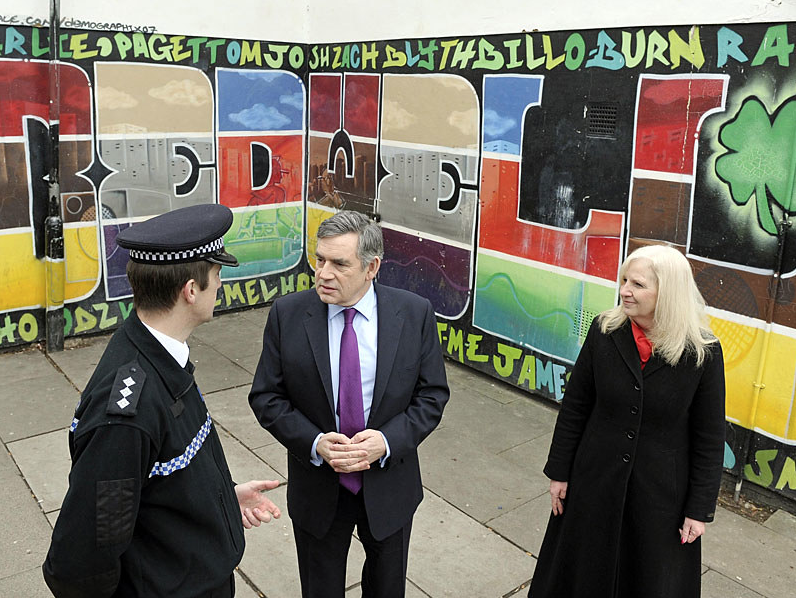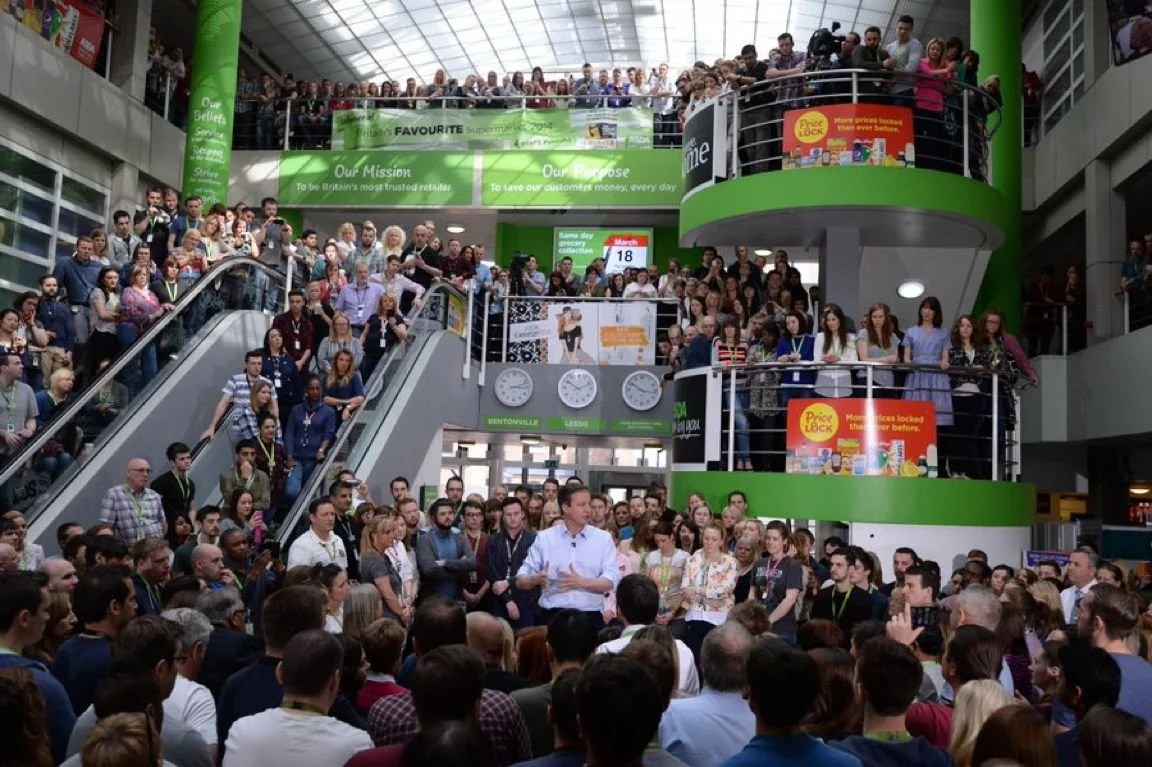
Place & Influence
PM Regional Visits – Stakeholder Engagement & Place-Based Strategy
Date: Multiple years Duration: 2-4 weeks planning
Organisation: Prime Minister’s Office
Impact Narratives: Legacy in Action, Behind the Gathering
Overview
Oversaw the strategic conception and delivery of multiple Prime Ministerial regional tours—under Gordon Brown and David Cameron—designed to embed national policy in local context, bolster place-based economic strategies, and showcase government commitment to all corners of the UK.
Focus Areas
Regional Stakeholder Mapping & Engagement
Policy–Community Roundtable Curation
Economic Site Showcases & Factory Tours
Local Media Partnerships & Narrative Framing
Real-Time Policy Feedback Integration
The Challenge
To move beyond ceremonial visits and deliver programmes that elicited actionable insights from regional businesses, civic institutions, and local stakeholders—ensuring that Prime Ministerial presence translated into tangible policy and investment outcomes.
The Approach
Developed multi-tiered itineraries combining: high-profile site visits to key economic assets; minister–industry roundtables co-designed with local MPs and authorities; community forums with SMEs, universities, and workforce representatives; and live polling technology to capture stakeholder priorities. Partnered with regional broadcasters and local press for authentic storytelling, amplifying regional voices back into Westminster.
Specific Examples
North West England (Gordon Brown, 2009): Aligned national manufacturing and skills priorities with the region’s aerospace and automotive clusters, spotlighting the Airbus Broughton plant and convening cross-sector roundtables in Manchester.
Scotland (David Cameron, 2012): Reinforced the UK’s energy and innovation agenda by touring offshore energy facilities in Aberdeen, hosting university–industry innovation panels in Edinburgh, and meeting civic leaders in Glasgow to discuss inclusive growth.
The Outcome
The tours deepened mutual understanding between national government and regional stakeholders, reinforcing the value of place-based policymaking. They informed a series of new initiatives to support local innovation and skills development, elevated voices from outside London into national debates, and established a replicable model for engaging diverse communities in policymaking




